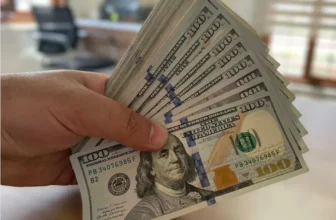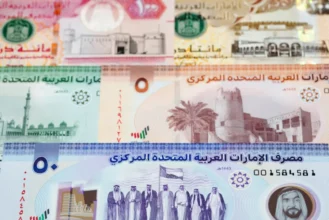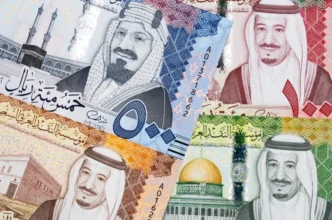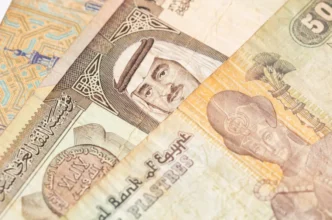OGRA Hikes Gas Prices by Up to 50% from Today

The Oil and Gas Regulatory Authority (OGRA) has announced a sweeping increase in gas tariffs for domestic, commercial, and industrial consumers, with the new rates officially coming into effect today. The decision, formalized through a notification issued late Monday, introduces substantial hikes—up to 50% in some categories—amid continued efforts to reduce energy subsidies and align with economic reforms under Pakistan’s IMF-backed stabilization programme.
For domestic users, the new tariff structure divides consumers into protected and non-protected categories. Protected consumers, typically low-income households, will now pay between Rs200 and Rs350 per MMBTU, with an additional fixed monthly charge of Rs600. Non-protected households face steeper rates ranging from Rs500 to Rs4,200 per MMBTU, and fixed charges of Rs1,500 per month—rising to Rs3,000 for users consuming more than 1.5 MMBTU monthly.
Also Read:
The impact of the revised tariffs extends beyond households. Gas prices for commercial users have surged to Rs3,900 per MMBTU, while general industry will pay Rs2,300. Captive power producers—industries generating their own electricity—are now charged Rs3,500 per MMBTU, and CNG stations will pay Rs3,750. Cement factories top the list of highest-paying industrial consumers at Rs4,400 per MMBTU, followed by fertilizer plants at Rs1,597 and power generation companies, including K-Electric, at Rs1,225.
Government institutions, semi-government bodies, hospitals, and educational facilities have also seen their rates adjusted to Rs3,175 per MMBTU. Traditional tandoors will pay between Rs110 and Rs700 depending on consumption levels.
The revised pricing comes a day after the Economic Coordination Committee (ECC) approved the new gas pricing framework. While the ECC held off on raising unit prices for protected domestic consumers, it authorized increases in fixed monthly charges across the board to help cover infrastructure maintenance costs borne by gas distribution companies.
According to officials, the tariff changes are expected to bolster revenues for utility providers while easing the strain on the national budget by reducing energy-related subsidies—one of the core demands of the IMF in Pakistan’s ongoing financial recovery plan. However, the move is likely to intensify pressure on inflation-weary citizens already grappling with rising living costs.
Read all the Breaking News Live on pakistantimes.com and Get Latest English News & Updates from Pakistan Times. Follow us on Whatsapp channel for more.








